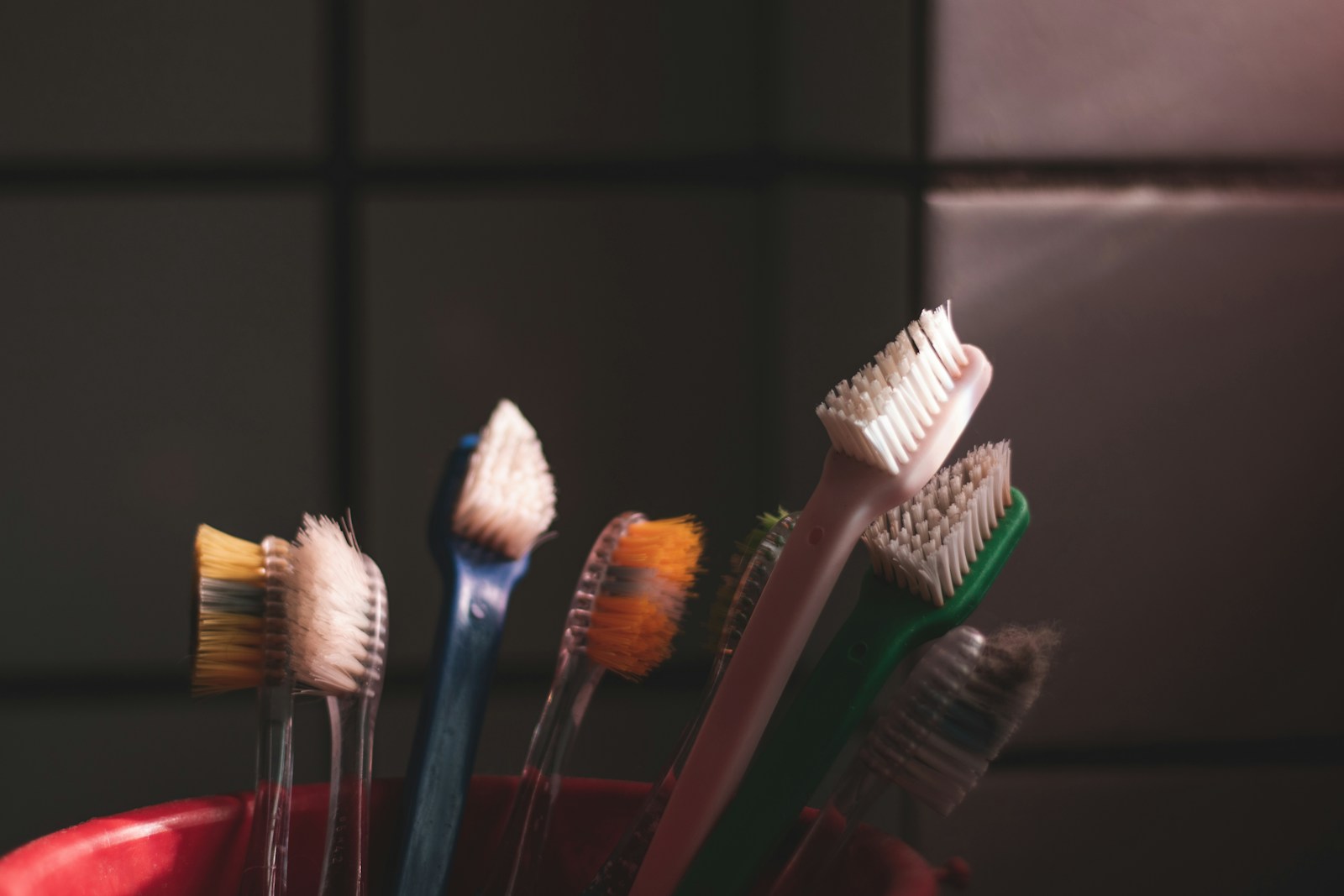
cepillarse los dientes

brush your teeth
The Spanish phrase 'cepillarse los dientes' translates to 'brush your teeth' in English. This refers to the common practice of dental hygiene involving a brush and toothpaste to clean one's teeth, typically performed daily to maintain good oral health. The verb 'cepillarse' is a reflexive verb meaning 'to brush oneself'.
Example sentences using: cepillarse los dientes
Antes de dormir, es importante cepillarse los dientes.

Before going to sleep, it is important to brush your teeth.
The example sentence is a reminder about a common daily routine. In Spanish, we use the reflexive verb 'cepillarse' when talking about brushing one's own teeth. 'Dormir', meaning 'to sleep', is an example of an infinitive verb used after 'antes de', a prepositional phrase that means 'before'.
¿Ya te cepillaste los dientes esta mañana?

Did you brush your teeth this morning already?
The example phrase is a question asking about a routine task in past tense. The word 'Ya', that usually means 'already', is often used in questions to ask if something has been done. The reflexive pronoun 'te' in 'te cepillaste', refers to 'you'. 'Esta mañana' means 'this morning'.
Mi doctor dice que debo cepillarme los dientes después de cada comida.

My doctor says I should brush my teeth after every meal.
This sentence is advice from a doctor. 'Debo' comes from the verb 'deber' that means 'should'. The phrase 'después de cada comida' translates to 'after every meal'. 'Cepillarme' is a reflexive verb meaning 'to brush myself'. When referring to oneself, the reflexive pronoun 'me' is used.